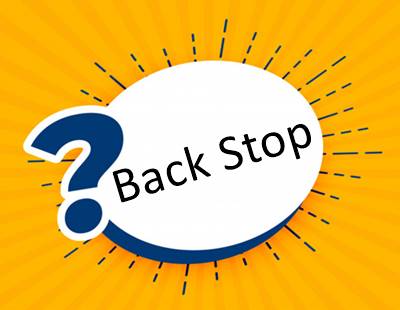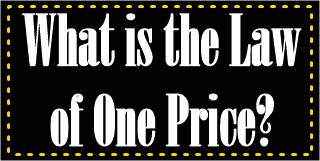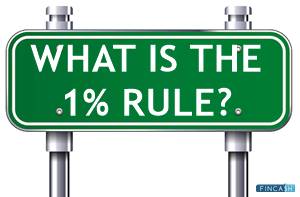
Table of Contents
What is a One-Stop-Shop?
A one-stop shop is a firm or conglomerate that provides its customers with various products or services under one roof. This one is a physical location where clients can carry out their business by providing a wide Range of goods and services.

Basically, the one-stop retail shops have brought a new era of carrying out business. The introduction of new products and services has resulted in several changes in how the company markets itself to customers.
Example of One-Stop-Shop
For customers, this is usually convenient. Here are a few examples of one-stop shops:
- E-commerce, also known as the one-stop store online, comes with different product lines to offer in one place
- Resorts with fine options to enjoy, like dining, shopping and restaurant
- Departmental stores or supermarkets Offering different products under one roof
- News websites covering different stories across the nation
- Banks help out with loans, investment advice, depositing money and so on
Why Does One-Stop-Shop Matter?
One of the numerous reasons why one-stop-shop matters are people's preference. They prefer to buy products and services from a single source for convenience. The modernised concept of a one-stop-shop is based on the business strategy of providing convenient and efficient service, which allows the firm to sell more to clients.
In this approach, a business can increase Income by selling more to existing consumers and attracting new ones.
Talk to our investment specialist
Pros and Cons of One-Stop-Shop
Customers can now go to one-spot-shops for all of their requirements rather than visit varying offline shops and online platforms. Here are some of the most compelling pointers in favour of a one-stop shop:
- Convenience, no doubt, remains the major benefit of a one-stop-shop. Everything is available in one place for purchase
- A one-stop shop ensures a better match between the products
- It saves you time since you won't have to deal with several sellers or won't have to commute either
- A one-stop shop results in a much faster response time. There are no conflicts in the schedule since you can get everything in one place
"Jack of all trades, master of none," as the phrase goes, is the drawback of the one-stop-shop. Here are some of the best arguments against one-stop shopping:
- One-stop-shop engagement might be time-consuming and difficult, as it requires personnel to have proper knowledge of most of the products offered
- There are inherent limits to how many items and services a company can give to a consumer while still retaining high quality
- It requires a significant amount of Land labour and cash to run efficiently and successfully
- While the many services and skills provided at one location are likely competent, they may not be as expert or imaginative as those provided by the location which solely sells only one service
The Bottom Line
Consumers are redefining their interactions with both the hospitality and retail industries. The one-stop-shop in India is a mere outcome of hybridisation. Many businesses have begun to hybridise their services and include new features into their products to intrigue and amaze their customers while also providing the great service that keeps them coming back. Consumers tend to be interested in value-added, and hybridising is a perfect way for businesses to thrive.
All efforts have been made to ensure the information provided here is accurate. However, no guarantees are made regarding correctness of data. Please verify with scheme information document before making any investment.












